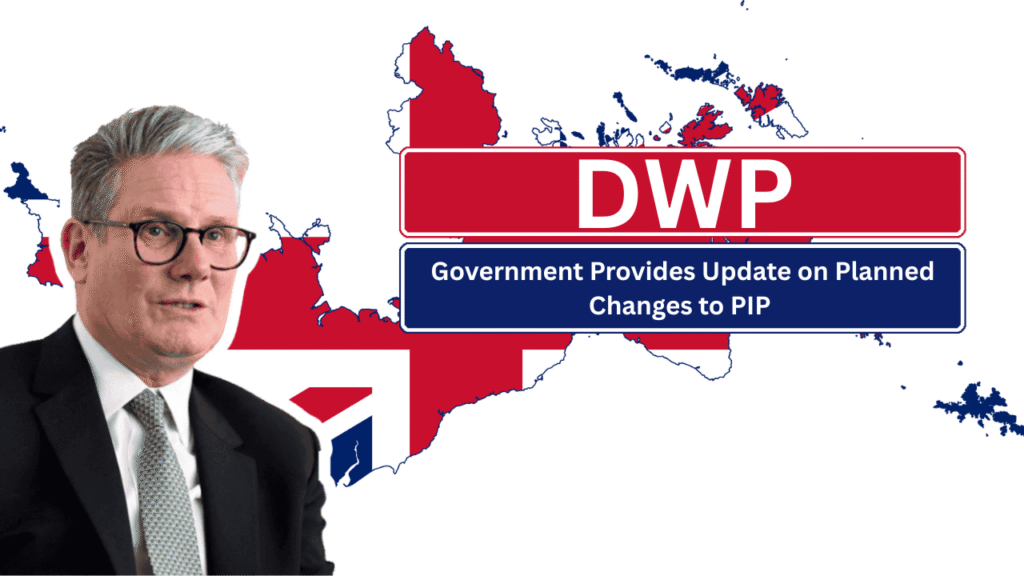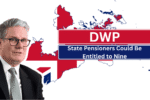The UK government has recently announced significant updates regarding planned changes to key welfare benefits, particularly Personal Independence Payment (PIP) and the Winter Fuel Payment. These proposed adjustments have sparked a wave of public interest and debate, highlighting the impact on vulnerable groups across the country.
Background: What Are PIP and Winter Fuel Payment?
Personal Independence Payment (PIP) is a benefit designed to help disabled people with the extra costs of living with a long-term health condition or disability. It is a non-means-tested benefit, meaning it is not affected by income or savings, and is awarded based on an assessment of how a person’s condition affects their daily life and mobility.
Winter Fuel Payment, on the other hand, is an annual payment to help eligible older people with heating costs during the colder months. This payment is typically made automatically to those born on or before a specified date, helping them to cover the higher energy bills in winter.
Planned Changes to PIP
The government’s proposed reforms to PIP primarily focus on tightening eligibility criteria and assessment procedures. These changes aim to ensure that the benefit is targeted at those who truly need it, while also managing public spending more effectively.
Among the key proposed changes are revisions to the assessment criteria used by healthcare professionals when determining eligibility for PIP. This includes a more stringent evaluation of daily living and mobility needs. The government has indicated that this will reduce the number of successful claims for PIP, focusing resources on those with the most severe disabilities.
Critics of the plan warn that tightening criteria may exclude some individuals who genuinely rely on PIP for their daily support, potentially increasing financial hardship. Disability advocacy groups have called for careful consideration of the impact these changes will have on claimants’ wellbeing and independence.
Winter Fuel Payment Cuts
Alongside changes to PIP, the government plans to reduce the scope of Winter Fuel Payments. Previously, the payment was widely available to all older adults meeting the age criteria, regardless of income. The new proposals suggest means-testing the benefit or restricting eligibility based on income thresholds.
This means that some older people, particularly those with moderate to high incomes, may no longer receive the payment. The rationale behind this decision is to focus resources on those most in need and to reduce public expenditure on social security benefits.
Opponents of the cuts argue that heating costs are a necessity for all older adults during winter, regardless of income, especially given rising energy prices. They warn that such cuts could lead to increased fuel poverty and health risks among the elderly population.
Government’s Position and Public Reaction
The Department for Work and Pensions (DWP) has emphasized that these changes are part of a broader effort to ensure fairness and sustainability in the welfare system. Officials state that the reforms will allow better targeting of support to those who need it most and improve the long-term viability of social security funding.
In response to public concerns, the government has promised to conduct thorough consultations and impact assessments before fully implementing the changes. They have also pledged to maintain support for the most vulnerable individuals and to provide clear guidance on new eligibility criteria.
However, the response from advocacy groups, charities, and some political figures has been largely critical. Many argue that the changes could disproportionately affect disabled people and low-income older adults, exacerbating inequality and hardship.
What This Means for Claimants
For current and prospective PIP claimants, the proposed changes could mean more rigorous assessments and a higher likelihood of claims being denied or reduced. Claimants are advised to stay informed about assessment criteria and seek advice if they believe their eligibility is at risk.
Older adults who currently receive Winter Fuel Payments should also monitor the situation closely. Changes in eligibility may affect their entitlement, particularly if means-testing is introduced.
Next Steps and How to Stay Informed
The government has outlined a timeline for consultations and parliamentary debate on these proposals. Stakeholders and members of the public are encouraged to participate in consultations to voice their views.
For those seeking official information and updates, the Department for Work and Pensions website remains the primary source of authoritative guidance. Detailed information about PIP and Winter Fuel Payments, including eligibility and application processes, can be found on the official UK government website.
Conclusion
The planned DWP changes to Personal Independence Payment and Winter Fuel Payment represent a significant shift in UK welfare policy. While the government’s goal is to streamline support and ensure sustainability, the potential impacts on vulnerable populations have raised important concerns.
As the debate continues, it is crucial for affected individuals, advocacy groups, and policymakers to engage in dialogue to balance fiscal responsibility with social protection. The coming months will be pivotal in shaping the future landscape of welfare benefits in the UK.




